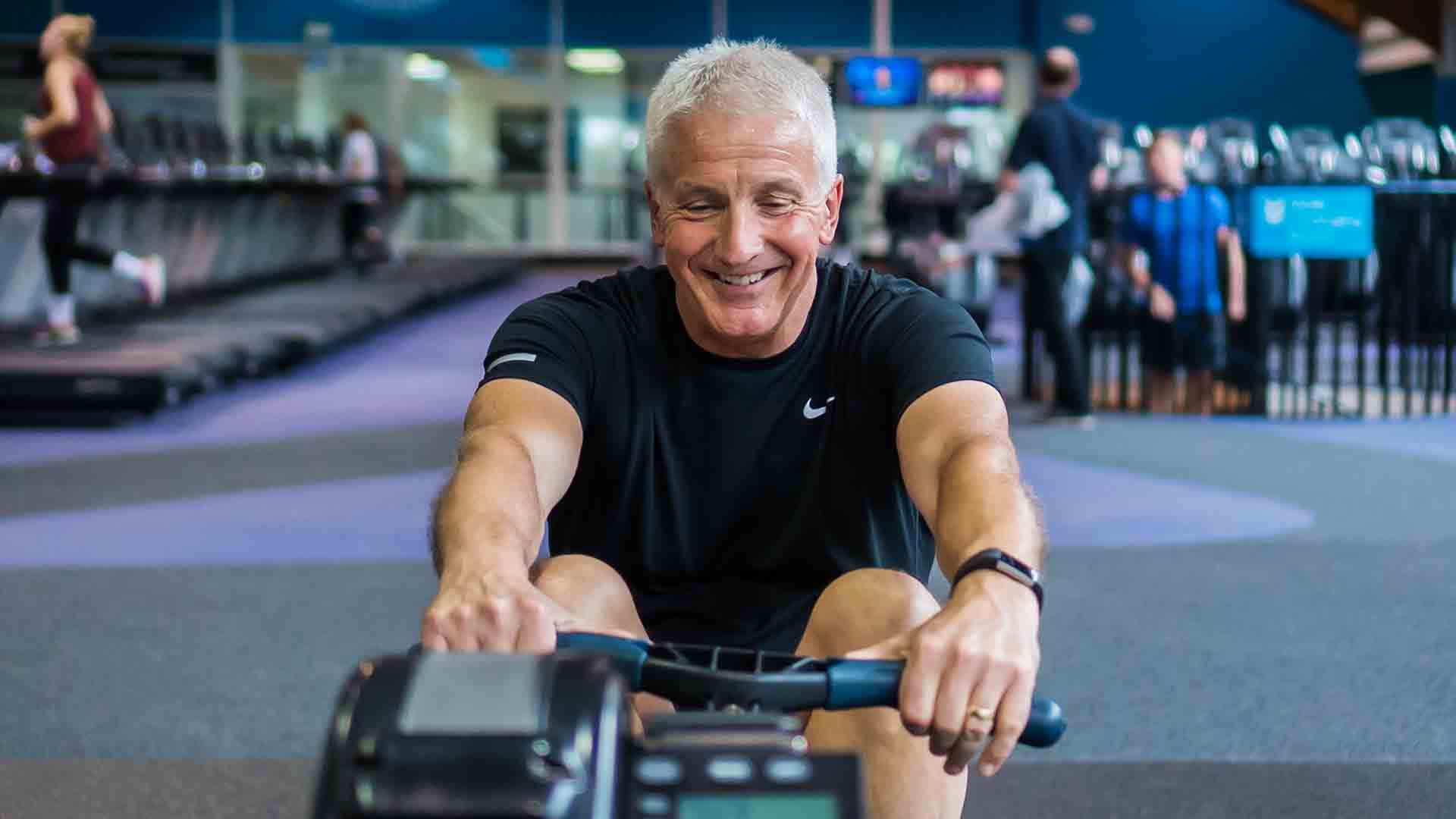- 06/10/2021
- Wellness & Nutrition
The principle of weight loss is quite simple; you need to burn more calories than you consume. But simple doesn’t always mean easy. Our bodies are particularly good at storing energy in the form of fat, so it can be difficult to lose weight.
Factor in things like stress, work commitments, family commitments and a lack of time to exercise, and it’s no wonder so many of us struggle to lose weight and keep it off.
Eating less and doing more is said to be the simplest way to lose weight, but even this can be a struggle. Restricting foods while increasing your activity levels can be incredibly difficult to maintain.
Intermittent fasting is an eating plan that has been shown to be an effective way to lose weight. It is different to a diet plan because it doesn't restrict the foods you can enjoy while you are eating.
The point of intermittent fasting is not what you eat but when you eat, which can make life easier for those who struggle to restrict food.
Intermittent fasting: A quick introduction
Most people already fast every day. From your last meal at night to when you first eat breakfast the next day is a type of fast. And this is where breakfast got its name – because it's the time we break our fast.
Say you eat your last meal at 6pm and then eat breakfast at 7am, this would be an 11-hour fast. With intermittent fasting, you either fast for a number of hours per day, or you restrict your meals to just one per day for a few days per week.
The theory is that by increasing the number of hours when you aren’t eating, you can reduce your calorie intake. We all know how easy it is to eat healthy all day and then ruin our progress by snacking on crisps, biscuits, and ice cream late into the evening.
While occasional snacks might not be the end of the world, if you do this consistently, you could be seriously increasing your daily calorie intake. And most of the time, we aren’t even aware that we’re doing it.
Fasting for weight loss could help you to become more mindful of your eating patterns and take back control.
The most popular intermittent fasting plans
There are two main intermittent fasting plans that have gained popularity in recent years. These are the 16:8 plan and the 5:2 plan.
With the 16:8 plan, you eat for eight hours and then fast for the remaining 16 hours of the day. This could look like eating from 12noon to 8pm and then fasting until 12noon the next day. For most people, this simply means skipping breakfast and cutting out their after-dinner snacks.
With the 5:2 plan, you would eat 500-600 calories on two days of the week and then eat normally for the other five days. This would typically mean only eating one meal per day for two days per week.
How does intermittent fasting work?
Many of us are used to food being always readily available, but it wasn’t always the case. The human body is perfectly designed to go for prolonged periods without food.
Even just 50 years ago, portions were much smaller, and snacks were not yet widely available. It was also far more common to stick to a regular sleep schedule; after all, TV shows finished around 11pm.
People stopped eating because they went to bed, and this made it much easier to maintain a healthy weight. Today, we have 24/7 entertainment and readily available snacks that are high in fat, sugar, and salt. It’s no wonder many people struggle to lose weight and keep it off.
When you are eating three meals per day and snacking between meals, your body always has a source of fuel available. Your body runs on your last meal or snack, rather than burning through energy stores. So, fasting for weight loss works by increasing the amount of time that your body must turn to fat stores for energy.
The benefits of intermittent fasting
Weight loss from fasting is just one of the benefits of intermittent fasting. Fasting may also lead to:
Lower insulin levels. Blood insulin levels drop during fasting periods, which can help to facilitate fat burning.
Reduced insulin resistance. Insulin resistance is a marker for type 2 diabetes. A 2019 study published in Nutrients found that fasting could help to reduce insulin resistance.
Increase in Human Growth Hormone (HGH) levels. After just 3 days of fasting, HGH levels may increase by as much as 300%. HGH is essential for regulating body composition and metabolism.
Lower blood pressure. A 2018 study found that participants following the 16:8 intermittent fasting plan saw a significant decrease in their systolic blood pressure.
Improved brain health. It is thought that intermittent fasting could help to slow the ageing process and improve brain health. It also triggers a process known as autophagy which acts as a kind of housekeeping process for your cells.
These are just some of the benefits that have been found as part of medical trials and studies.
Not eating before exercise: is it safe?
We all know the importance of fuelling up before a workout. So, if you are restricting the time you can eat, you might be wondering what impact this will have on your workouts.
If you like to work out early in the morning, you might be concerned about feeling too tired or hitting a wall and being unable to push yourself.
While some people can perform well on an empty stomach (and may even prefer it) others may feel lightheaded. This increases the risk of injury.
There is also the risk that your body could break down muscle to use protein for fuel. And finally, there is also the risk of slowing your metabolism if you remain in a fasted state for a long time.
If you are planning a workout when fasting, there are a few things to consider:
If you would struggle to work out on an empty stomach, plan your trips to the gym to coincide with your fuelling window. This could mean switching from morning to evening workouts.
Adjust your workouts to suit your fasting plans. For example, if you are following the 5:2 plan, use your two low-calorie days as rest days and skip the HIIT (High Intensity Interval Training) workouts.
Stay hydrated. You can have clear and low-calorie drinks while fasting, including water and herbal tea. A low-calorie electrolyte supplement may also help to keep you hydrated.
Listen to your body and decide if not eating before exercise is something that will help or hinder your progress in the gym. You know what you can handle, so if you are feeling lightheaded or dizzy during a workout, reduce the intensity, take a break, or grab a snack.
Focus on low-intensity cardio such as walking, cycling, or swimming while you are fasting.
Make sure your fuelling window is filled with quality nutrients. When you’re only having two meals per day, you want to make sure these meals are packed with the right macro and micronutrients.
If you have struggled with diets in the past, intermittent fasting could offer a simplified way to reduce your calorie intake and achieve your goals. While it might not work for everyone, fasting for weight loss might be worth exploring.





